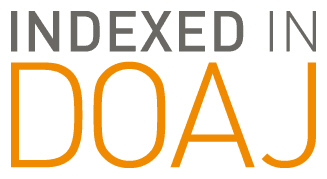Abstract
The primary task of the educational leader is to assure high quality learning environments for all students. Research (Gordon, 2004; Sparks, 2007) supports the proposition that effective professional development contributes to instructional improvement by building educator capacity. Much of the research on professional development focuses in principal leadership in improving instruction (Blase & Blase, 2004). But district level administrators, especially the superintendent of schools, also have a role to play in school improvement. Standards for the preparation of school leaders specify competencies for superintendents that include the design and implementation of professional development programs based on sound research, best practices, district-and school-level data, and other contextual information (National Policy Board, 2002). The National Staff Development Council's Standards (2001) also describe a comprehensive set of activities to improve student learning that apply to both campus and district level personnel. But while the research on the instructional leadership role of principals is extensive, comparatively little is said about how superintendents meet their own responsibilities in this area (Dufour, 2000; Hirsch, 2009; Firestone, Manquin, & Martinez, 2005).
Recommended Citation
Nino, Juan M.; Boone, Mike; Aguilar, Israel; and Edwards, Dessynie
(2018)
"Superintendents and Professional Development: Voices from the Field,"
School Leadership Review: Vol. 9:
Iss.
2, Article 6.
Available at:
https://scholarworks.sfasu.edu/slr/vol9/iss2/6
Included in
Educational Administration and Supervision Commons, Educational Leadership Commons, Teacher Education and Professional Development Commons
Tell us how this article helped you.


